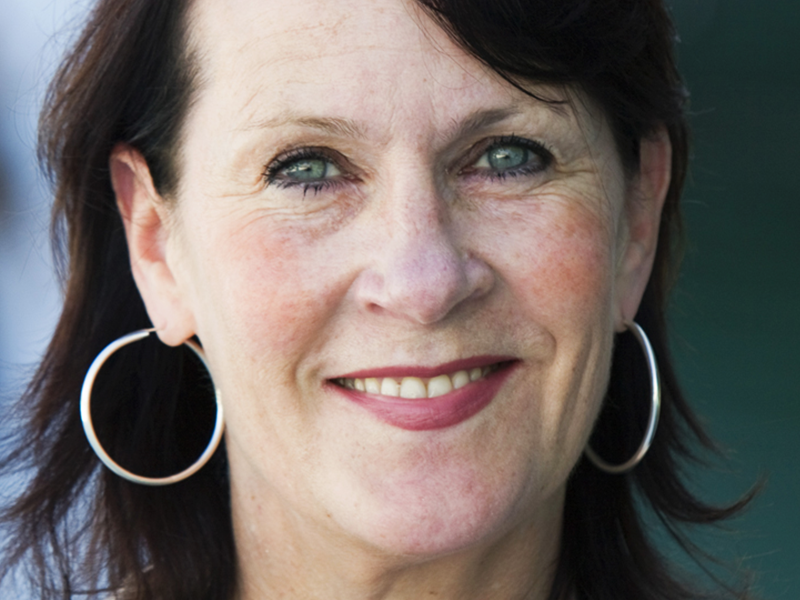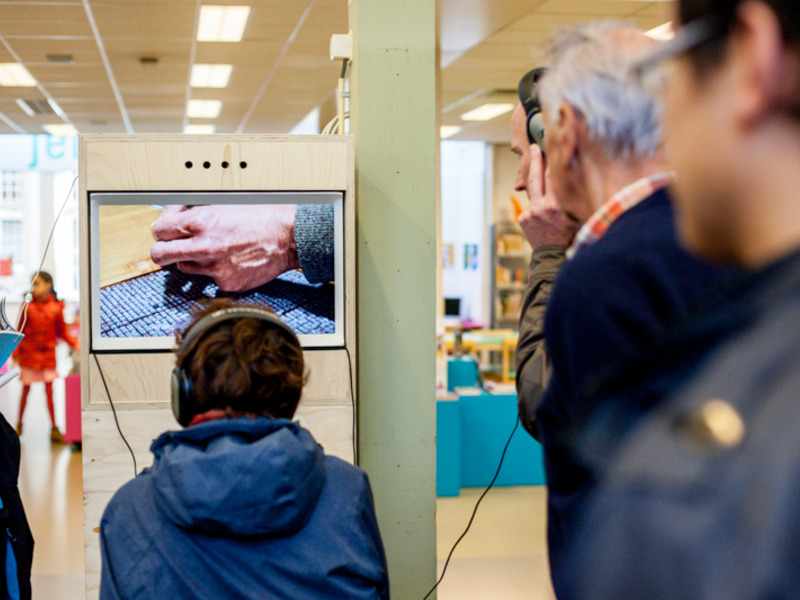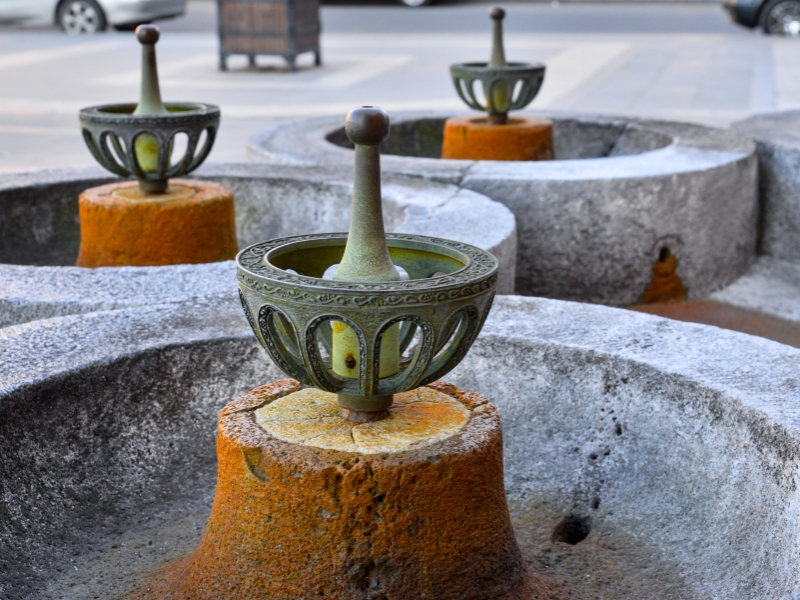
Vigdis Hjorth: “Publishing is an area in which it is definitely worth investing today”
On the specifics of presenting information to readers of different ages
I began writing for children when I was just over twenty, when childhood was still not that far from me – it was experience that I had just gone through. Later my literature grew with me. Now I’m already an “old woman” who can write about divorce or something of the sort. You have to write in a simplified way for children – without using complex vocabulary and grammatical structures – and that is where the difficulty lies. To write simply is not that easy a task. On the other hand, working with “adult” texts has its own difficulties – it’s not enough to create an interesting plot. The writer must know about politics, philosophy, existential issues – all that which concerns contemporary adults – and be able to skilfully weave it into the story.
On the sublimation of negative experience
One of the most powerful experiences of my life was a month spent in jail after which I wrote a book called “Thirty Days in Sandefjord”. I believe that any negative experience should be shared – you receive support and feel less alone. People may laugh at this situation or empathise, or remember that they went through something similar. All of this helps to cope with the hardships of misfortunes. I even held events on the subject of “how to earn money from your misfortunes”.
On combining a career as a novelist with raising three children
In Norway, men and women are, in general terms, equal. My husband and I have always shared domestic responsibilities equally. Furthermore, school and pre-school education in Norway is of a very high quality, and children spend a lot of time at kindergartens and school. Combining both has not posed a big problem for me.
_1.png)
On the balance between creative freedom and making money
At times I felt, at the start of my career, that I was not able to get this balance right but eventually it all worked out. Obviously, there are things that I do primarily for money, such as write non-fiction, for example, or articles on human rights. This is not stupid or completely uninteresting for me, but this is not what I live for. In addition, there are many stipend programmes in Norway that help writers to focus solely on literary work for certain periods of time. Of course, in order to apply for them you already need to have a couple of good published books under your belt.
On the actual economic power of cultural and creative industries
I can say from Norway’s example that, for instance, publishing is a significant economic sector. Not only can writers can become millionaires but publishers and other market participants can too. As for Eastern Partnership countries, the situation in this area is more difficult because it is tied to the general economic situation. But it is definitely an area that should be invested in. Thanks to reading, people understand themselves better and gain self-confidence. Without this confidence, independence is impossible, both personal and social. However, to achieve this, high-quality literature is required, of the kind that teaches you to approach everything with a critical mind.
*Vigdis Hjorth visited Kyiv in the context of Book Arsenal 2016 (Ukraine) at the invitation of The Old Lion Publishing House, which was the first to translate the novelist’s works into Ukrainian.




